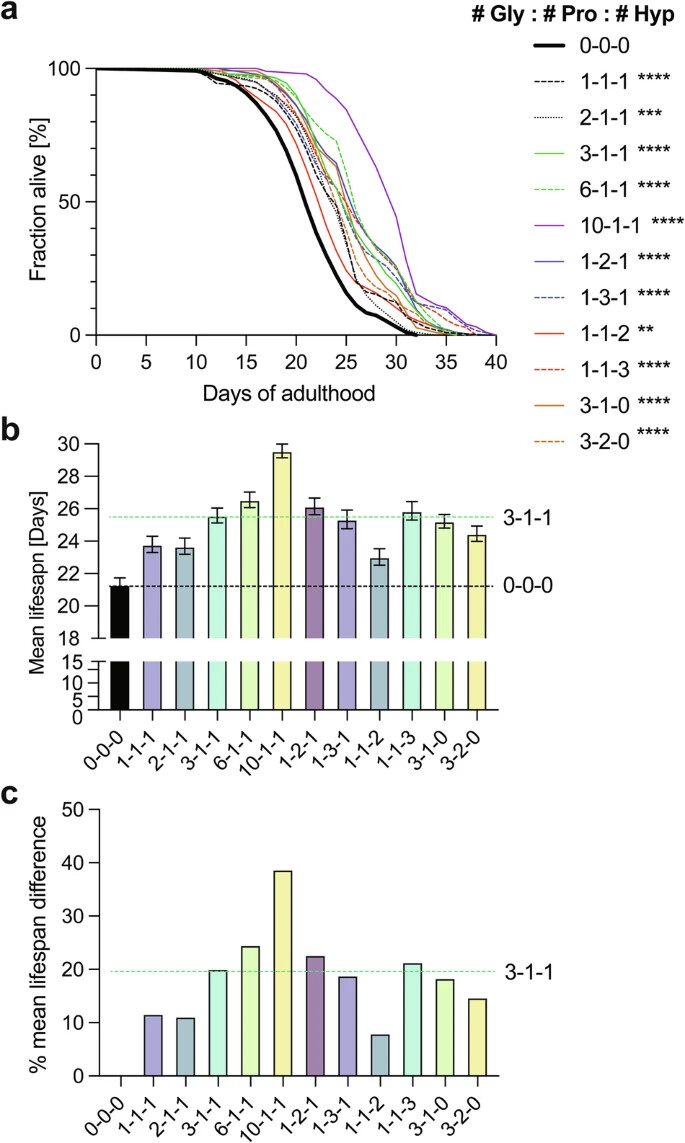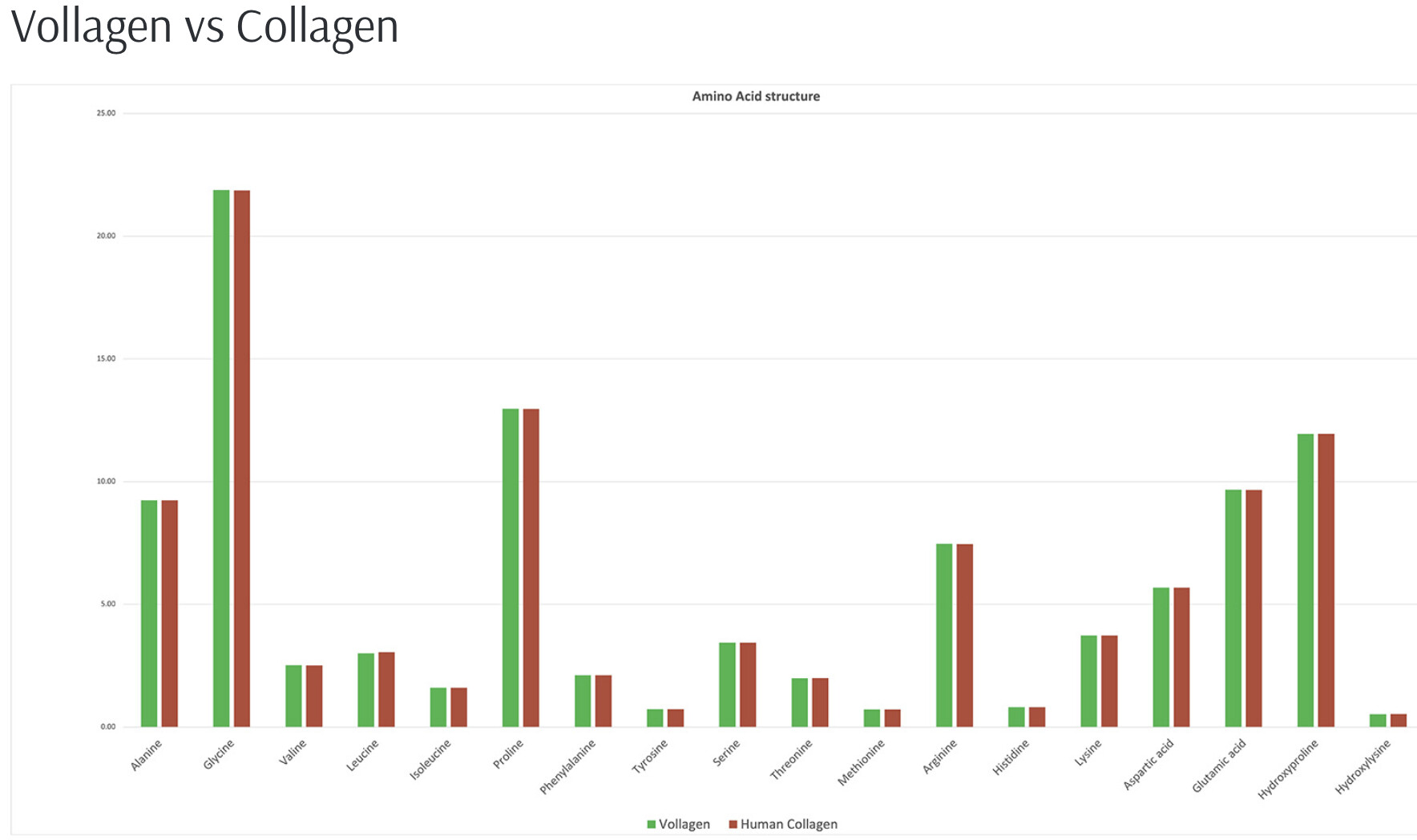I’ve been taking VeCollal Type I (hair/skin) for a couple of years and was just about to stop my subscription because I assumed I’d hear about it more often if vegan collagen worked.
They have recently come out with VeCollal Type 2 that is for joints and bones (if it could help with osteoperosis, it would be a good investment).
(Fwiw, I get this in a drink made by Feel)
@cl-user because it’s in nature, I’m now thinking the effects are real. Would you mind taking a look at Vecollal and let me know if you think that is as good as the Avea Life activator? I am open to making the switch if we think any of this could help me with bones or skin. (I’m not concerned about my tendons, says everyone until they have a problem:)
EDIT: I forgot to add that I already take ca-akg and astaxanthin, but so I’m not clear if I’m already getting the same benefit.
VeCollal type 1
VeCollal® (Glycine, L-Proline, L-Alanine, Gotu Kola Extract (Centella Asiatica Leaf Extract, Maltodextrin)
Type 2
Ingredients : VeCollal® Type 2 (Glycine, L-Proline, L-Alanine, L-Aspartic Acid, L-Glutamine, Elderberry Extract Powder, L-Glutamic Acid, L-Arginine, L-Serine Monohydrochloride, L-Leucine, L-Valine, L-Threonine, L-Glutamine, L-Lysine Monohydrochloride, Ascorbic Acid, L-Isoleucine, L-Phenylalanine, L-Tyrosine, L-Methionine, L-Histidine, L-Tryptophan, Turmeric Extract)





